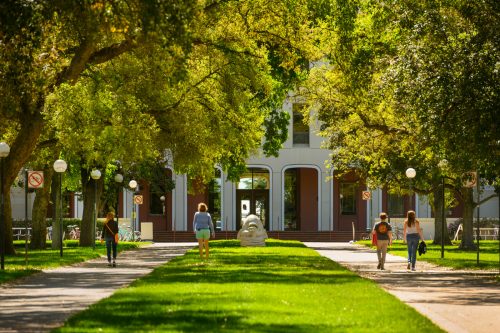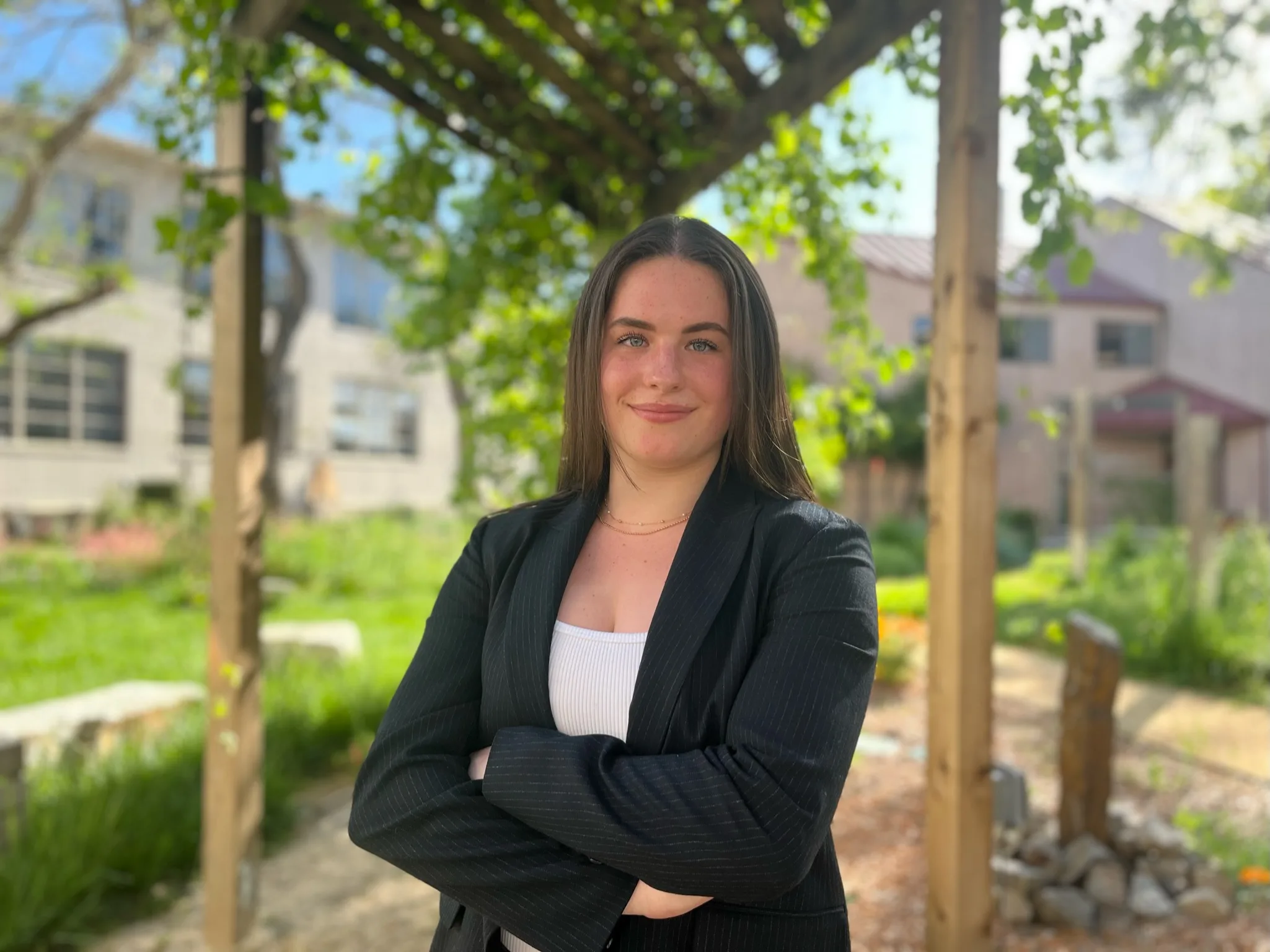

By Madison Whittemore
DAVIS, CA – In its third year of participating in a Racial Justice Speaker Series, UC Davis’s King Hall hosted Distinguished Professor of Law Vikram Amar this week, who opined that “constitutional democracy stands in the twenty-first century,” adding roles of legal educators and scholars need to come together and play “a larger role in constitutional adjudication.”
The Racial Justice Speaker Series at UC Davis School of Law was created after the tragic deaths of George Floyd, Breonna Taylor and several other victims of systemic racism.
Professor Amar explained with the increasing complexity of the legal field and various fields of law, skill sets that supreme court justices and lawyers possess have changed drastically and as a result, have created a “vacuum of expertise.”
Amar added that with fewer justices and lawyers having great depth of knowledge with issues, the Supreme Court is composed of extremely bright, confident “generalists.”
This “generalist court,” the prof added, ”can be attributed to the Supreme Court being less experimentally diverse” than that of the past.
Amar noted the modern rigid path to being a Supreme Court Justice involves attending a top law school such as Harvard or Yale, clerking for a Supreme Court justice, working at a top legal institution, serving as an appellate judge, and most importantly, avoiding “writing deeply in any area of law that might in the real world matter and thus generate political controversy.”
Citing former Supreme Court Justice Thurgood Marshall, Professor Amar explained how past generations of Supreme Court justices possessed a depth of experience in certain fields of study, noting how Marshall had immense experience in litigating race discrimination cases.
“The current court is cholk full of judges whose expertise lies mainly in appellate decision making rather than having broad and deep command and instincts in particular fields of law,” Amar stated.
The speaker added despite Supreme Court justices such as Elena Kagan and Amy Barrett being considered esteemed academics of the Supreme Court today, the current court is “made up of very smart generalists.”
Alongside highlighting this lack in field of law expertise that the current Supreme Court justices have, Professor Amar also asserted lawyers who argue the 50 to 60 Supreme Court cases per year are merely specialists on the Supreme Court and how the justices think and operate and are not necessarily experts on the subject matter that is being argued.
Making reference to Paul Clement, a former solicitor general of the U.S. who argues a few Supreme Court cases per term, Amar explained Clement argued two high profile Supreme Court cases just in 2022—the first case was Kennedy v. Bremerton School District First Amendment and the second New York State Rifle and Pistol Association v. Bruen Second Amendment case.
“Paul is a brilliant guy, but to be truly expert on the relevant history of the First and Second Amendments simply is not something any private practitioner who takes cases all across the board could ever do,” Amar contended, further alluding to the fact that there’s a lack of deep expertise on fields of law such as constitutional law.
While the prof admitted some may not find this issue of expertise troubling, it presents a clear issue because the law and legal principles being discussed in the U.S. today, such as that of constitutional law, “requires deeper knowledge expertise.”
Professor Amar said that despite the Supreme Court having openly committed itself to “originalism…promising to protect the Constitution as Americans publicly understood the document when adopting it,” the U.S. contains more perspectives and outlooks than ever before, thanks to the diversity of races and classes of people and the technology that gives us far more access to the past.
This “complicates our picture of the past,” Professor Amar declared, once again referencing the modern multiple perspectives on history and the lack of expertise that current Supreme Court justices have with this history.
According to Amar, this lack of deep understanding about history has created the “vacuum of expertise,” further exacerbated by the Court having an “overabundance of confidence” and academics no longer believing in the “coherent integrity of constitutional law as they used to.”
Concluding his role in the Racial Justice Speaker Series, Professor Amar urged listeners, academics, and legal personnel alike to understand the issues behind “generalists leading the generalists. What we need are academics who are looking out for the Constitution as a whole regardless of who in the moment benefits or is burdened by the fairest reading of the document.”
